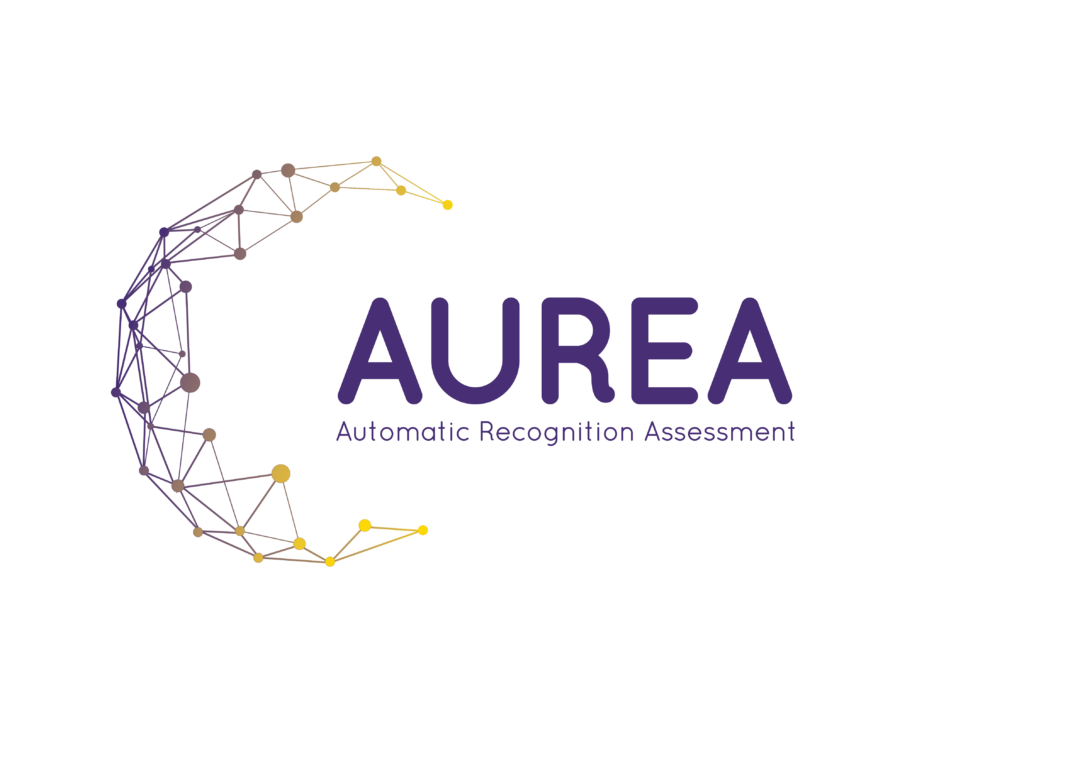The AUREA (Automatic Recognition Assessment) project aims to facilitate the advancements of credit recognition for mobile students by drawing attention to the existing bottlenecks and providing higher education institutions with the necessary tools and information to assess their readiness to implement (full) automatic credit recognition.
Started: 2025
Funding: Erasmus+ Key Action 2
Project budget: 400 000,00 €
Length: 28 months
Partners: 8
Website: https://aurea-project.eu/
Over 20% of mobile students across Europe need to retake exams or complete additional studies upon returning to their home institution. This creates an additional burden for students and increases the workload for academics. Efforts from the EU to address this issue have been made over the years, yet the situation still varies significantly across the countries in the Erasmus+ programme.
The project brings together diverse perspectives and expertise from local and European levels to ensure the existing obstacles to full and automatic credit recognition can be addressed both from a systemic level and practical implementation.
The project focuses on three main objectives:
- Assessing the state of play in recognition for mobile students undergoing credit mobility by analysing policy frameworks, collecting large-scale data sets from various relevant stakeholders on the credit recognition practices and the differences and inconsistencies across different programme and partner countries.
- Creating a shared understanding of (full) automatic credit recognition on a European level and providing relevant higher education actors with the framework of enabling factors to achieve the goals.
- Providing higher education institutions with the necessary tools and information to assess their readiness to implement automatic credit recognition and what steps can be taken to change the institutional culture regarding the recognition of credits.
Project partners: European Students’ Union (coordinator), European University Foundation, Erasmus Student Network, European University Association, Gent University, Eötvös Loránd University, Philipps-Universität Marburg, Universiteti Publik “Kadri Zeka”.

